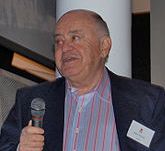May 7, 1967: Fox and Hounds – Ralph Baer Plays First Two-Player Game
Subscribe! Spotify | RSS | More
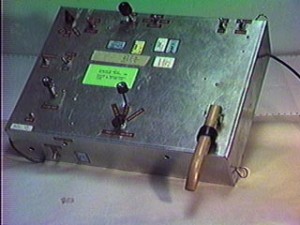
1967 – Video game developer Ralph Baer plays the first two-player video game. Fox and Hounds was a game where the fox (a red dot) was chased by the hounds (white dots). The controller were two knobs – horizontal and vertical. You would see how long you could avoid the hounds.
From his own website: 7 May 1967 – Played first two-player video game (I lost!)
This was part of a series of more complex video games including shooting games, handball and Ping Pong. Ultimately leading to the Magnavox Odyssey TV game system in 1972.
Baer passed away on December 8, 2014.
Subscribe to Day In Tech History:
RSS Feed - iTunes - Android - Spotify - iHeartRadio
Facebook -
- RSS Bandwidth by Cachefly Get a 14 Day Trial
- Join me on Patreon and support Day in Tech History
- The Millionaire Calculating Machine
- Telstar II Satellite is launched
- Microsoft lays off 3,000
- Syria cuts off Internet and phones for 24 hours
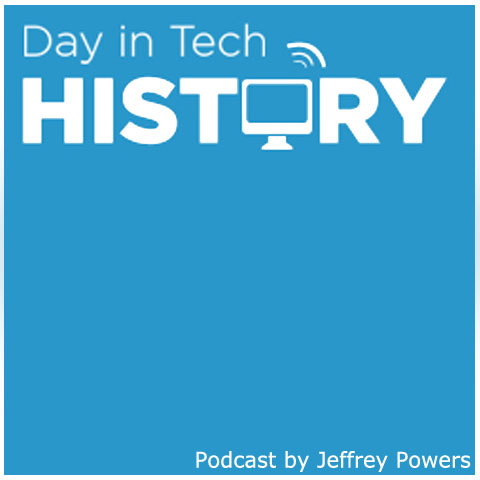
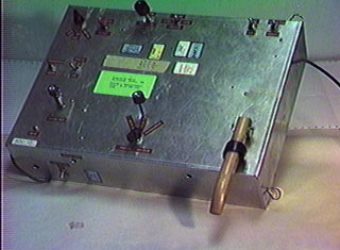


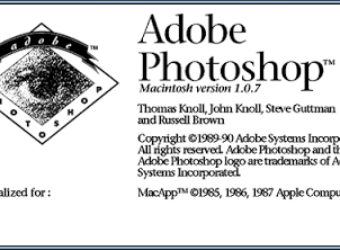
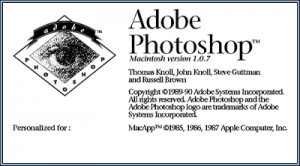

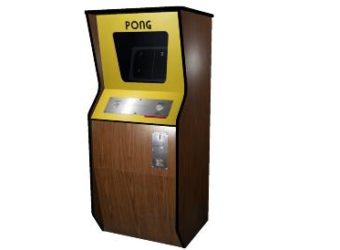
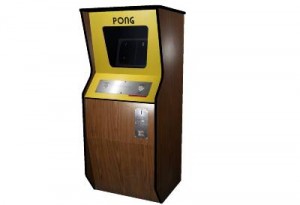


![Jack-Tramiel[1] Jack Tramiel](https://dayintechhistory.com/wp-content/uploads/2013/07/Jack-Tramiel1-340x250.jpg)
